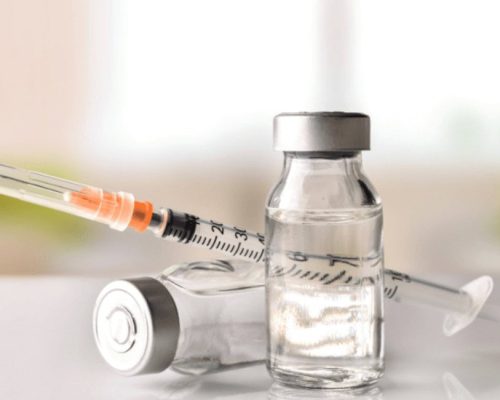In the evolving landscape of modern medicine, one of the most promising developments for overall wellness and disease prevention is peptide therapy. Though peptides have been studied for decades, they are now gaining mainstream attention for their wide range of potential health benefits—from anti-aging and muscle recovery to cognitive enhancement and immune support. But what exactly are peptides, and how do they contribute to improved health?
What Are Peptides?
Peptides are short chains of amino acids, which are the building blocks of proteins. Unlike proteins, peptides are smaller and more easily absorbed by the body. These molecules are naturally occurring and play vital roles in regulating various biological functions. Insulin, for example, is a peptide hormone that controls blood sugar. In peptide therapy, synthetic peptides are designed to mimic or enhance the functions of these naturally occurring compounds.
Because they can target specific processes in the body with a high degree of precision, peptides are increasingly used in personalized medicine. They offer a safer and more targeted alternative to many traditional pharmaceuticals, often with fewer side effects.
Key Health Benefits of Peptide Therapy
1. Anti-Aging and Skin Rejuvenation
One of the most popular uses of peptide therapy is for its anti-aging effects. Certain peptides, such as collagen peptides and copper peptides, promote skin elasticity, hydration, and firmness. They stimulate the production of collagen and elastin, proteins that naturally decline with age. This can reduce the appearance of fine lines, wrinkles, and sagging skin, leading to a more youthful complexion.
Peptides like GHK-Cu (Copper peptide) also have antioxidant and anti-inflammatory properties, helping to repair damaged tissue and improve overall skin health.
2. Enhanced Muscle Growth and Fat Loss
Fitness enthusiasts and athletes are increasingly turning to peptides like Ipamorelin and CJC-1295 to promote lean muscle mass and accelerate fat loss. These peptides stimulate the release of growth hormone, which plays a crucial role in tissue repair, metabolism, and body composition.
By enhancing growth hormone levels, these peptides can support faster recovery after workouts, increase energy levels, and improve physical performance. Importantly, they do so without the harmful side effects commonly associated with anabolic steroids.
3. Improved Cognitive Function
Certain peptides, such as Selank and Semax, are known for their nootropic (cognitive-enhancing) properties. They have been shown to improve memory, focus, and mental clarity. These peptides work by modulating neurotransmitters in the brain, including dopamine and serotonin, which play critical roles in mood regulation and cognitive processes.
Because of their neuroprotective and anti-anxiety effects, these peptides are also being explored as potential treatments for conditions such as depression, PTSD, and age-related cognitive decline.
4. Immune System Support
Peptides like Thymosin Alpha-1 and Thymosin Beta-4 have been shown to enhance immune function and help the body fight off infections. These peptides play roles in regulating immune cell activity, reducing inflammation, and speeding up the healing process.
They are especially useful for individuals with compromised immune systems or those recovering from surgery, injury, or chronic illness.
5. Better Sleep and Recovery
Sleep is essential for healing and overall health, and peptides such as DSIP (Delta Sleep-Inducing Peptide) are used to promote restful, deep sleep. By regulating sleep cycles and reducing nighttime awakenings, these peptides can enhance recovery, support hormonal balance, and improve mental well-being.
6. Joint and Tissue Repair
Peptides like BPC-157 are praised for their regenerative properties. They promote the healing of muscles, tendons, ligaments, and even the gastrointestinal tract. BPC-157 works by increasing blood flow to damaged areas and reducing inflammation, making it a popular option for those with chronic pain, sports injuries, or inflammatory conditions.
Is Peptide Therapy Safe?
While peptide therapy holds significant promise, it’s essential to approach it under the guidance of a healthcare professional. The effectiveness and safety of peptides can vary based on dosage, method of administration, and individual health status. When prescribed and monitored properly, peptides are generally well-tolerated and safe.
The Future of Personalized Medicine
As research into peptide therapy continues to expand, we are likely to see even more targeted applications across various medical fields. From chronic disease management to preventative health, peptides are revolutionizing the way we approach wellness. By harnessing the body’s natural biochemistry, peptide therapy offers a holistic, customized solution for those seeking to optimize their health and performance.

